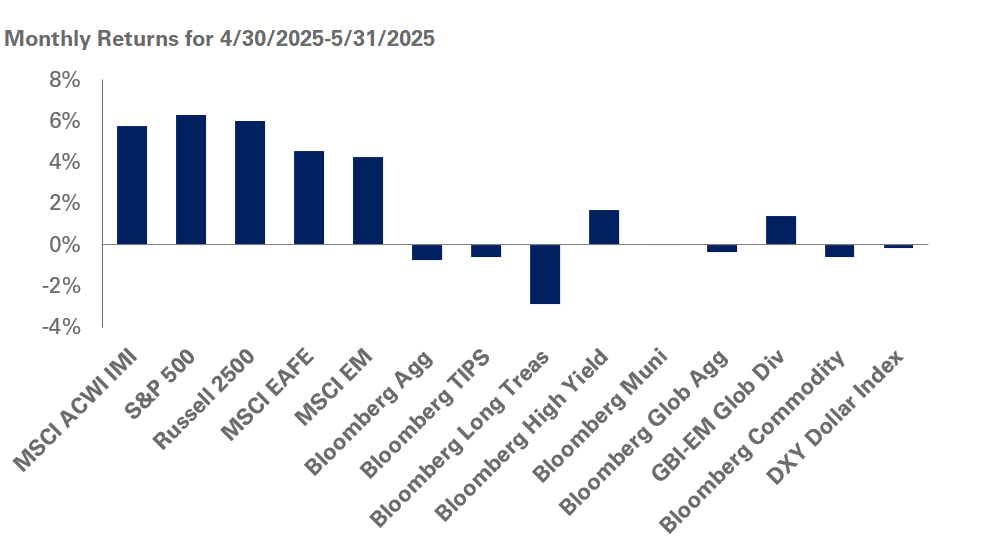If you’re drawn to the idea of investing for impact—on people and planet as well as profit—you may already be familiar with the explosion of new data that is designed to measure impact. But data alone is unhelpful unless there are standards for those numbers to stack up against.
Standards have been a point of much debate in the impact investing community. Everyone wants them, and many people are proposing them, but getting broad agreement may take time. We don’t view these debates as a problem—they are a necessary step in the evolution of impact investing—but we do think it’s necessary to pay close attention to trends in the field.
In the second installment of our series on Impact Measurement and Management (IMM), we look at trends that are affecting impact investing. In our first piece, we answered your questions on how impact can be measured. In the third and final installment, we will provide actionable advice on how clients and NEPC can use IMM tools to drive impact.
THE BIG TWO
The key question for impact investors is how to effectively gauge the impact of one investment versus another, so as to choose their investments correctly. As the field evolves, we see two Impact Measurement and Management trends emerging that NEPC believes will have a bearing on this question.
Trend 1: Impact Verification
The investment management industry is increasingly being called on to provide evidence – verification – that its portfolios are legitimately pursuing the impacts they claim to be. This push is coming from investors, observers and regulators, and is in response to fears of false representations, typically called “greenwashing.”
We are closely watching how the investment management industry responds to the ninth principle of the International Finance Corporation’s (IFC) Operating Principles for Impact Management. This compact, signed by 136 investment firms and representing over $400 billion in assets under management, requires signatories to obtain an independent verification of their impact through a third party. It also requires firms to disclose how their strategy aligns with the nine principles in a public directory.
The IFC found that on the first anniversary of the principles in 2020, only 58% of the 62 inaugural signatories completed verification in the first year, with the remaining 42% expecting to do so in the next year or two. It’s a step in the right direction, but only a step, and we (like many impact investors) are looking for more.
There is no shortage of energy and enthusiasm behind developing standards and/or making verification improvements. But there are also a number of complex challenges that will need to be overcome. For example, different verification systems will likely be needed for different asset classes, and private investments may need different approaches than public ones. In the end, though, investors are going to want comparable data regardless of the investment.
As a result, we are tracking what infrastructure the industry produces to allow managers to authenticate their impact strategies. Already, several for-profit firms have jumped in to fill that gap. In addition, academics, nonprofits and trade groups like the CFA Institute are contributing research, and private donor pools have started providing grants to the best ideas.
Finally, the United Nations Development Program (UNDP) recently launched SDG Impact, which seeks to create a Sustainable Development Goal (SDG) Certified Seal of Impact for different asset classes. The seal is forthcoming, but SDG Impact has already produced a series of guides to help managers operationalize the IFC’s principles for different asset classes. SDG Impact will also produce a series of trainings, in collaboration with Duke University, for managers interested in implementing the guidance.
Trend 2: Governance and Regulation
One of the biggest criticisms of the integration of environmental, social and governance (ESG) factors in investments is that, as it stands, most of the data is voluntarily disclosed by companies, raising all sorts of questions around legitimacy, integrity and comparability. The best way to address these concerns is to develop one set of rules that applies broadly.
As a result, we welcome the U.S. Securities and Exchange Commission’s (SEC) recently announced plans to set standards of disclosure, specifically around climate change and diversity, equity and inclusion (DEI). For example, on the climate front, we were encouraged by recent comments from SEC Chair Gary Gensler, who says he wants a climate disclosure rule formalized and implemented by the end of 2021. At a Principles for Responsible Investment roundtable, Chair Gensler spoke about working with investors on identifying which climate data would benefit from standardized disclosure. NEPC responded by collaborating with the Investment Consultants Sustainability Working Group-U.S. to promote what we believe are the most critical considerations in improving climate change disclosure through a jointly-signed letter to Mr. Gensler.
This is likely just the beginning. Already, the European Union has moved on to creating SFDRs: Sustainable Finance Disclosure Regulations intended to provide enhanced transparency and consistent expectations around impact disclosures. U.S. regulators are also going to want a framework that allows impact investors to determine the most suitable investments for themselves, and that may transform regulatory expectations in the investment field. It may even affect the private equity space, where regulations are currently relatively light.
THE NEXT STEP: USING IMM IN YOUR PORTFOLIO
All together, these trends highlight an impact investing industry in transition, and one that is actively trying to promote more integrity and transparency while inspiring action. But how do we advise clients to use these tools in their own portfolios? We will return to that question in the next and final piece in this series.
This piece was written by Ibrahim Rashid, NEPC Summer Intern (University of Chicago, Harris School of Public Policy) with support from Stacey Flier, CFA, Principal, Senior Consultant and Krissy Pelletier, Partner and Co-Head of NEPC’s Impact Investing Committee.



